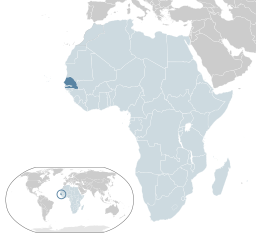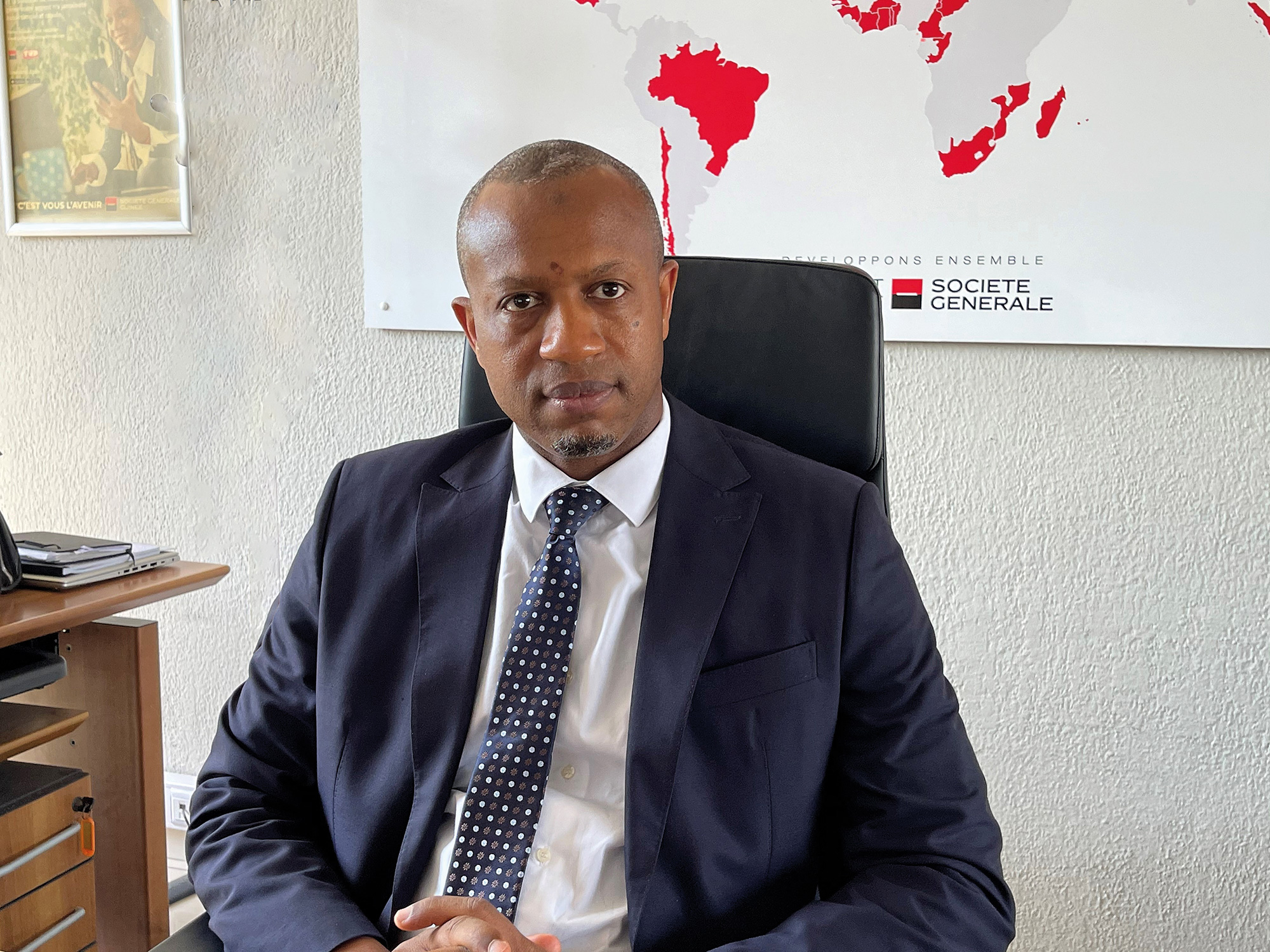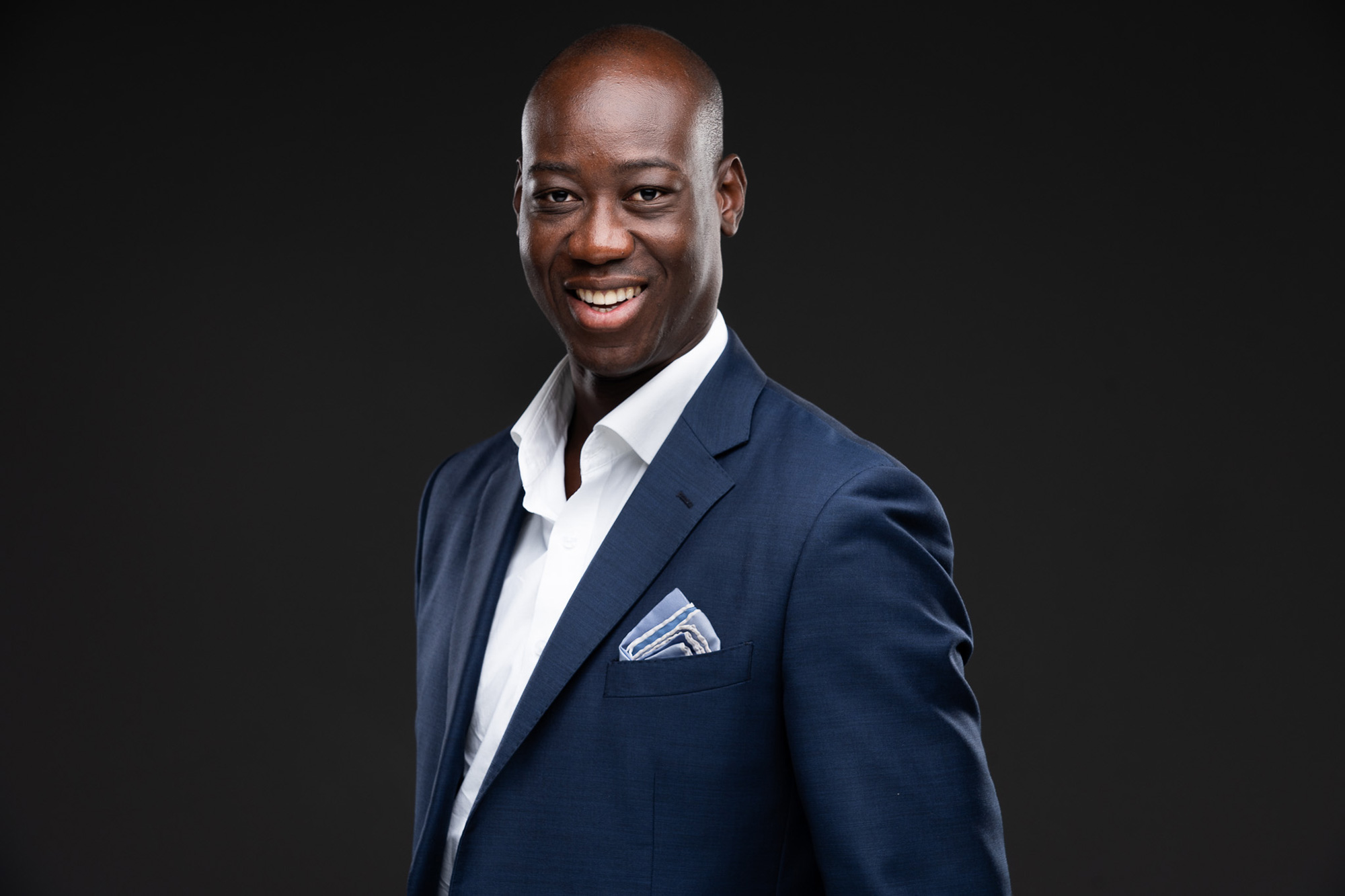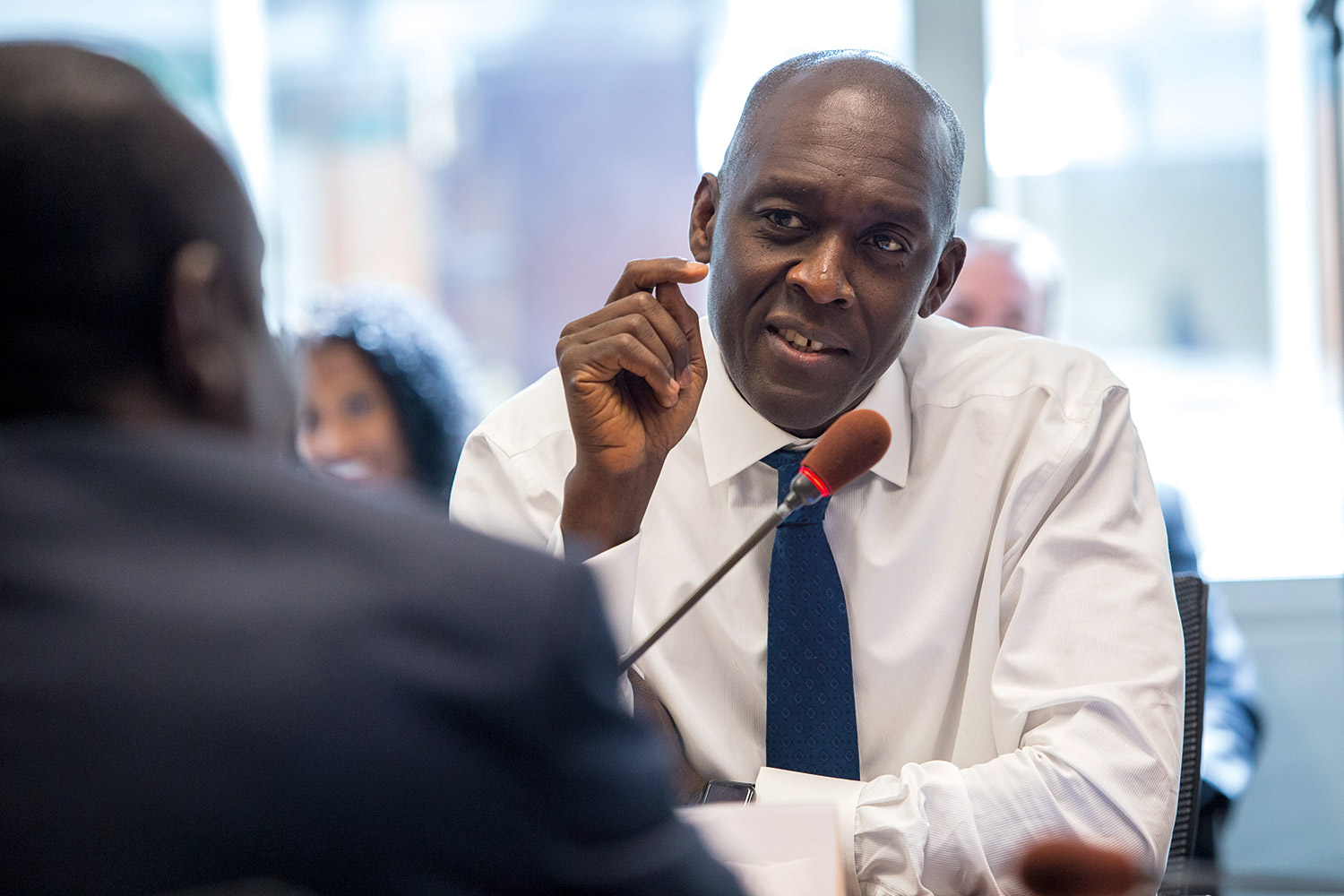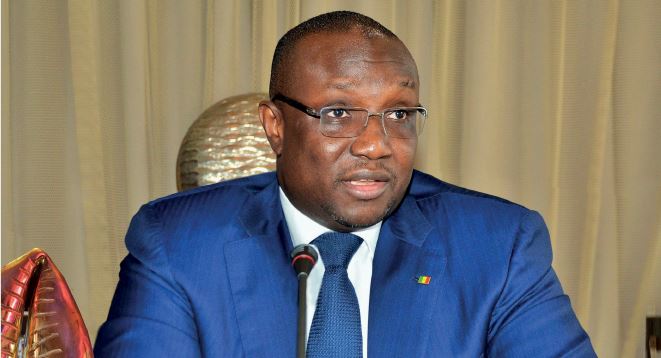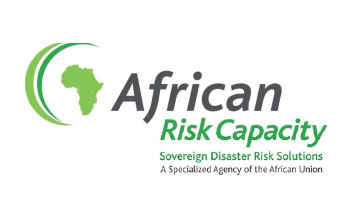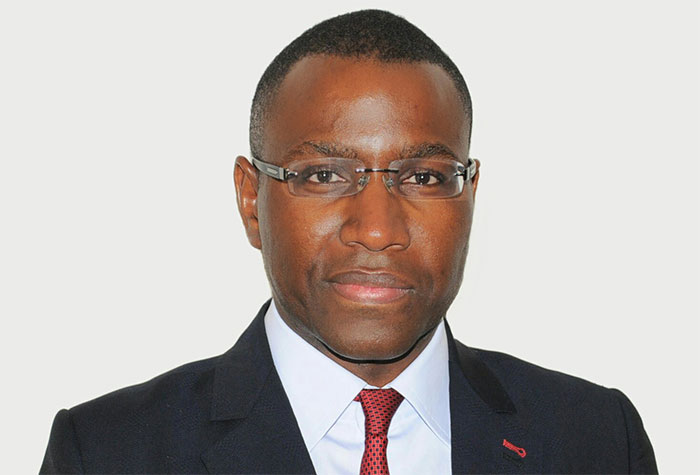[vc_row][vc_column width=”1/2″][vc_column_text]
Senegal
Senegal was the 108th largest economy in the world by nominal GDP in 2018. Its GDP per capita was $1,522 USD. It was the capital of French West Africa and remains home to banks and other institutions which serve the whole region. It is also a hub for shipping and transport in the region. Recent discoveries of gold and oil have helped to diversify the economy. Personal remittances were 9.2 percent of GDP. It was ranked 121st in the World Bank's Human Capital Index and 79th in the Economic Complexity Index in 2017. It is a member of the African Union. Services was the largest economic sector in 2018 (50.4 percent of GDP), followed by manufacturing (18.7 percent), and agriculture (16.6 percent). It is among the most diversified economies in West Africa. In 2017, the largest export goods sectors were agriculture (32.9 percent), minerals (30.91 percent), and chemicals (17.15 percent). The largest individual goods exports were refined petroleum (17.16 percent), phosphoric acid (12.56 percent), frozen fish excluding fillets (7.54 percent), gold (7.44 percent), and cements (6.54 percent). Its largest export partners were Mali (24.96 percent), India (14.48 percent), the UAE (4.65 percent), Switzerland (4.06 percent) and Côte d'Ivoire (4.02 percent). The largest goods imports were refined petroleum (11.87 percent), rice (4.85 percent), crude petroleum (4.85 percent), and transmission apparatus for radio, telephones, and television (3.67 percent). In the late 1800s, France extended its control over the whole country, starting from its colonial trading ports. After the abolition of the slave-trade in 1831, resin-based gum and peanuts became the dominant industries. Senegal gained independence from France in 1960. The economy initially struggled because of the loss of export markets in West Africa, with newly independent neighbouring countries embracing protectionism, and a decline in French government spending. The government responded by pursuing an industrial policy of import-substitution. It also controlled access to finance leading to the development of SOEs and French companies. Tourism was developed from the 1970s with World Bank help. Tourism is now one of the key industries. The government also invested heavily in infrastructure and industry during this period. In the 1980s, the government began to liberalise the economy, reducing regulatory control. In 2003, the government introduced a new mining code, which when combined with an increase in gold prices, led to an FDI led gold mining boom. Oil was discovered in 1961 but the oil fields proved small. Between 2014 and 2017, a long-awaited big discovery was made: 1 bn barrels of oil and 40 trillion cubic feet of gas, off the coast of Senegal and Mauritania. In 2014, Senegal launched the Plan for an Emerging Senegal, which aims to increase development by 2035.
[/vc_column_text][vc_column_text] Its population in 2018 was 16,294,270 [1]
Its population in 2018 was 16,294,270 [1]
 In 2015, 42.71% of its total energy
In 2015, 42.71% of its total energy
consumption was renewable [2]
 In 2021, its GDP grew by 6.06% [2]
In 2021, its GDP grew by 6.06% [2]
 In 2021 it had a negative Current
In 2021 it had a negative Current
Account Balance of US$bn 3.25 [3]
 Its Expenditure on R&D (as a percentage of
Its Expenditure on R&D (as a percentage of
GDP) in 2015 was 0.58% [2]
What free trade areas or economic unions is it a member of?
Member of the African Continental Free Trade Area (AfCFTA) since 01/04/2019
Other members:
Benin, Burkina Faso, Cameroon, Chad, Congo, Côte d'Ivoire, Djibouti, Egypt, Equatorial Guinea, Eswatini, Ethiopia, Gabon, Gambia, Ghana, Guinea, Kenya, Mali, Mauritania, Namibia, Niger, Nigeria, Rwanda, Sao Tome and Principe, Sierra Leone, South Africa, Togo, Uganda, Western Sahara, Zimbabwe
What trade deals are there between African Continental Free Trade Area and other countries and economic unions?
None
Member of the Economic Community of West African States (ECOWAS) since 28/05/1975
Other members:
Benin, Burkina Faso, Cabo Verde, Côte d'Ivoire, Gambia, Ghana, Guinea, Guinea-Bissau, Liberia, Mali, Niger, Nigeria, Sierra Leone, Togo
What trade deals are there between Economic Community of West African States and other countries and economic unions?
None
[/vc_column_text][vc_column_text]What trade deals are there with other countries and economic unions?
None
[/vc_column_text][/vc_column][vc_column width=”1/2″][vc_column_text]Société Générale Guinée – Guinean Gold: a Private Bank That Has Won Trust of Public
Swiss Precision, African Spirit with CEO Daouda Fall: Brahms Group has Found the Perfect Balance
World Bank’s Vice President for Infrastructure: Now is the Time to Rethink Transport and Logistics
African Governments Invest in Skills in Sciences, Engineering, and Technology
World Bank: Infrastructure Financing Options – Bankable Projects for Private Investors
CFI.co Meets the Director General of Senelec: Mouhamadou Makhtar Cissé
African Risk Capacity (ARC): Towards Resilience – Africa Takes Disaster Management Into Its Own Hands
World Bank Group: Development Finance Frontline – Strategic Investment Funds
African Risk Capacity: Africa Takes the Lead in Managing Climate Risk
Keiko Honda, CEO MIGA: Crucial Role for Investment Guarantees
Trade with the United Kingdom
Source: UK Office for National Statistics, October 2022.
Contains public sector information licensed under the Open Government Licence v3.0.












































































